“NieR:Automata Ver1.1a”: Producer Opens Up About Her Passion for the Original Work and How She Poured Her Heart and Soul Into the Anime Adaptation [Part 1 of 2]
2024.08.16
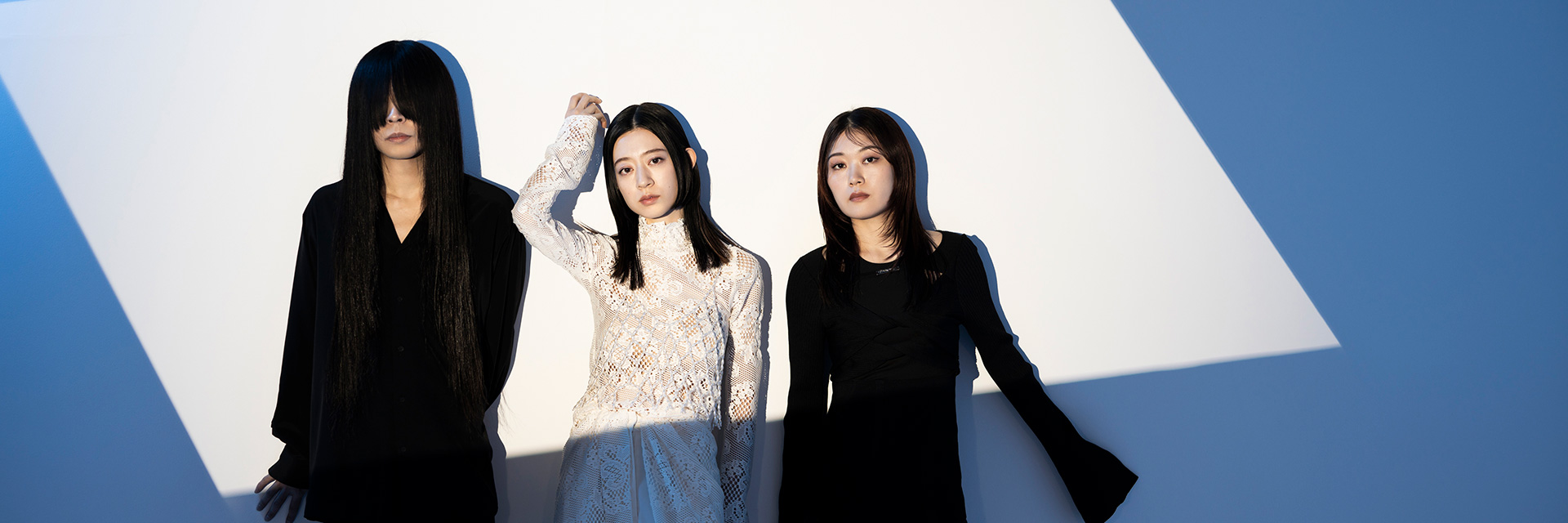
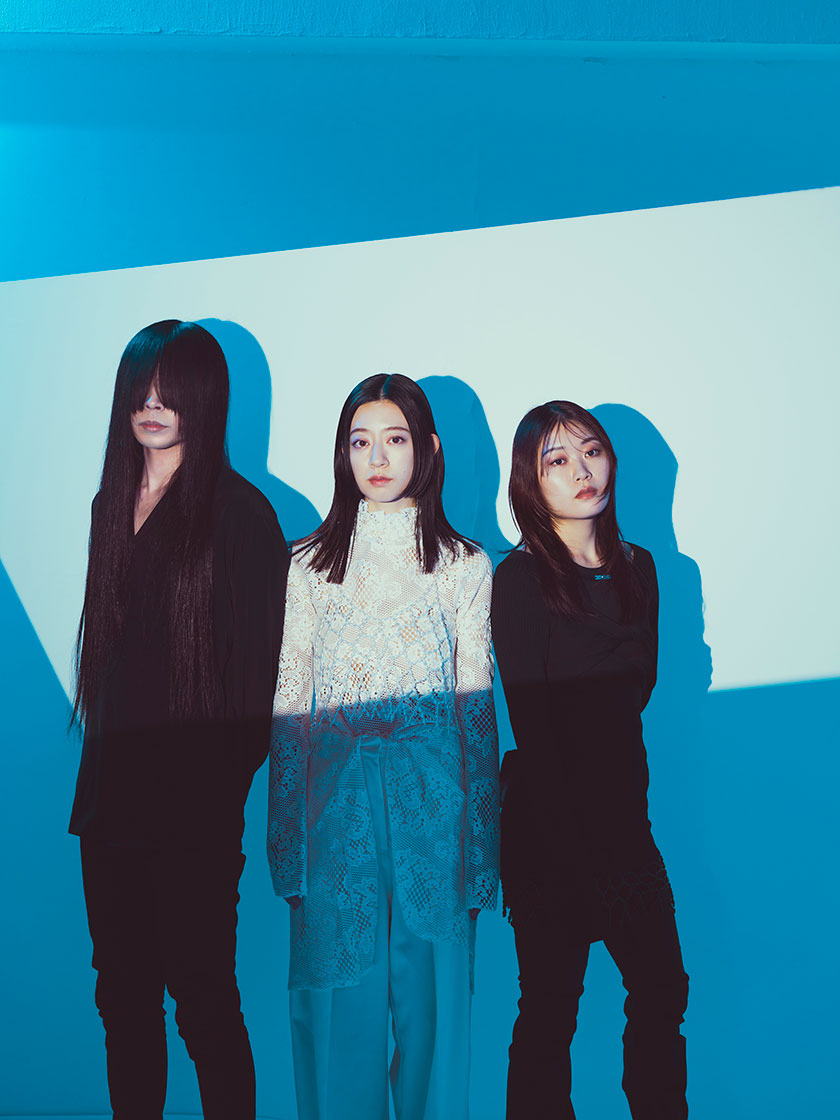
2024.03.05
This episode of “Artist Profile,” which focuses on an up and coming artist each time, features Hitsujibungaku, an alternative rock band comprised of Moeka Shiotsuka on vocals and guitar, Yurika Kasai on bass and Hiroa Fukuda on drums.
The band made a major debut from Sony Music Labels Inc.’s F.C.L.S. label in 2020. Soon it attracted music fans’ attention for producing music that is both artistic and pop, and its profile was boosted further after its tunes were used in TV anime serials “The Heike Story” and “Jujutsu Kaisen.” Their popularity was so high that the tickets to their upcoming solo concert at the Yokohama Arena in the next April were instantly sold out.
What makes Hitsujibungaku, which is poised to take on the international market, so attractive? I closed in on the source of their creativity in this interview.
In part 1 of the interview, I asked the members about “12 hugs (like butterflies),” their third studio album released in December 2023, and their thoughts on activities overseas, including in Asia.
※The original Japanese article appeared on March 5 and 6, 2024.
Hitsujibungaku
Hitsujibungaku is an alternative rock band comprised of Hiroa Fukuda (drums), Moeka Shiotsuka (vocals and guitar) and Yurika Kasai (bass), from left to right in the photo. The current members were formed in 2017. The band has released four EPs, a full album and a single, “1999” coupled with “Ningendatta.” The band made a major debut on Aug. 19, 2020 with the release of a single, “Sabaku No Kimi E,” coupled with “Girls,” on Sony Music Labels Inc.’s F.C.L.S. label. In December 2023, they released their third album, “12 hugs (like butterflies).” They are going to perform a solo concert entitled, “Hitsujibungaku LIVE 2024 III” at the Yokohama Arena on April 21, 2024, and will kick off an Asian tour in March.
In December 2023, Hitsujibungaku released their third album, “12 hugs (like butterflies),” which follows 2020’s “POWERS” and 2022’s “our hope.” I began the interview by asking how the third release from the major record label is received by fans and their thought on it.
“It was interesting to find out that different fans chose different tracks of the latest album as their favorites. Even my family members and the members of the band had different favorites.” Yurika Kasai said.
“We were busy late last year and so I didn’t have much time to talk about the album with someone else,” Moeka Shiotsuka said. “But my friend wrote about her favorite song [on the album] on her Instagram stories. She wrote, ‘This song saved me.’ That was heartening.”
“We followed our instinct in recording the first album, and for the second, maybe we tried to be a little poppish,” Hiroa Fukuda said. “But with the third album, we returned to what we originally were, so to speak. I think I was feeling my instinctive urge as I played.”
“In terms of my drumming, I was cautious and paid attention to details in playing on some of the tracks on the previous album, but I think you can hear my playing habits, like ghost notes*, on this album,” he added.
*Ghost note
Ghost notes are subtly played notes between main notes and thus are often hard to hear clearly. These notes, though not clearly heard, give a unique groove to playing.
In general, the third album is often said to be “defining” for a band. But the members said they did not feel any particular pressure in recording theirs. Its cover photo, which is of a woman hugging her natural self, and the bare singing voice on the first track, “Hug.m4a” appears to confirm that.
“I wasn’t feeling like, ‘I’m going to do something new.’ or ‘Hey guys, I want you all to listen to this!’” Shiotsuka said. “The feeling was, ‘Maybe we should do something we truly want to do.’”
“This time, studio dates were booked on scattered days and I had to record demos for each date so I could take them to the studio on time. So, it was like writing each song in just one stroke, rather than taking time to work out details,” Shiotsuka said. “I recorded each demo at home, took it to the studio and we worked together to complete it by playing it with all of us together.”
What is especially striking about the album is its three-dimensional and rich sound. This partially seems to be the result of successful collaboration with the recording engineer.
“We had worked with the same engineer for a long time since our indie days, and I still really like our earlier sound. But this time, we wanted to pursue a different sound that has more depth and so we decided to enlist a new engineer,” Shiotsuka said. “The songs on the album are simple, but the trend these days is that sound texture and arrangement give recorded music a character. With that in mind, this time I paid close attention to sound.”
“For example, when we were recording ‘Flower,’ I suggested I wanted to add backing vocals of a bedroom recording-quality sound. The engineer somehow worked out a way to do that and included it in the ending,” she added.
“‘Flower’ begins with only the guitar and the drums, but the drums have a fluffy sound image. We tried a lot of different ways to record this, like, ‘Hmm not this’ or ‘No, not that’,” Fukuda said.
“We tried different things on ‘Addiction,’ too,” Kasai added. “For example, we added subtle distortion to bass and guitar when they played the same line at the same time, to the extent they don’t interfere with each other.”
“more than words” was written as the ending song for the second season -- entitled “Shibuya Incident Arc” -- of the “Jujutsu Kaisen” anime series. A standout feature of the song is its unique rhythm.
“That four-on-the-floor beat was already in the demo Shiotsuka recorded and brought in,” Fukuda said. “It was an approach we hadn’t done very often in Hitsujibungaku, so it was quite the challenge.”
Hitsujibungaku recorded “Hikarutoki” (When It Shines), the beautiful opening song for “The Heike Story,” an anime series that depicts the fall of the Heike clan in a beautiful, soft touch. I asked if they wanted to make music for more anime titles, and Shiotsuka was positive.
“Yes, I would like to do more,” she said. “The thing is, an anime theme song must be no longer than 89 seconds. It’s so hard to write a song within that limit. I am never a hectic person and so my A section and B section and Chorus all tend to get long. The songs I grew up listening to rarely had a short length and reached climax quickly. But it’s something interesting to try and I can learn a lot by trying. To me, anime theme songs are a struggle with 89 seconds.”
“more than words” was a smash hit in Japan, but it also won many fans overseas.
“We got lots of comments from people overseas to the music video posted on YouTube and TikTok,” Kasai said. “And the comments were not just English. They included comments in other languages like Spanish and Korean as well. It was a joy to know people around the world listened to our music.”
“Yeah, and some time ago, two anime-fan TickTokers from France asked us to be pictured with them and we did. They were so cute!” Shiotsuka said.
In 2022, Hitsujibungaku released “OH HEY,” a song recorded in collaboration with Taiwanese singer-songwriter LÜCY. In 2023, they for the first time performed a solo concert in Taipei and Shanghai. Tickets for both shows were sold out in seconds. They have also played in outdoor music festivals in Hong Kong, Incheon in South Korea and Wenzhou in China. The band has thus expanded its activity overseas, mainly in Asia. They recently announced their first tour of Asia, entitled “Hitsujibungaku ASIA TOUR 2024,” which will take them to Seoul, the Chinese mainland, Taipei and Bangkok for a total of seven shows.
“I love traveling, so I would love to go to different places of the world,” Shiotsuka said. “It will be fun to meet different people and work with them in the places we visit.”
“Visiting foreign countries gives me the chance to know the music and cultures that I didn’t know existed,” Kasai said. “I can have unexpected discoveries that make me say, ‘Wow, I never knew!’”
“I live as the same me with the same face and the same character every day for 365 days a year,” Fukuda said. “So meeting people of a country where the language and the culture are both totally different from ours can be quite stimulating. When we played in Taiwan, it was refreshing to know that the audience got excited at different parts of the show compared to Japanese audience. They screamed at the first riff of ‘hopi,’ for example.”
“We try to incorporate elements of alternative rock, dream pop, shoegaze, and post-rock in making Hitsujibungaku’s music. That’s why our music appeals to fans overseas, I think, because I realize there are many serious fans of these genres overseas,” he said.
Facing overseas audiences means they have to think of how they should convey the meaning of their lyrics to people who don’t speak Japanese. Do they, for example, plan to sing in English?
“I wish I could write lyrics in English, but there is no way I can write a whole song in English,” Shiotsuka said. “After all, poetic expression [like song lyrics] is difficult to do unless you are a native speaker [of the language]. I have a friend from college who speaks English, so I enlisted her help when we recorded English versions of ‘1999’ and ‘more than words.’”
To be sure, Hitsujibungaku’s subtle and soft lyrics owe a lot to Shiotsuka’s particular attention to expressions in Japanese. But she said her thinking has gradually changed as she faced foreign audiences in their overseas activity.
“I used to be very particular about using only Japanese in my lyrics. I even used katakana [Japanese script] in writing borrowed English words” which is customary in Japan, rather than the Roman script, she said. “The typical attitude [in Japan] that using English is cool was somehow off-putting to me. But one day, an older musician told me: ‘If you are performing overseas, you should include English words in your song, even just a word. That way, your audience can sing along in live gigs.’”
“That was convincing, so I began trying to include, for example, a single phrase in English in a song. When you want to take the listener to a particular place and use the right words, you can expand the scope of lyrics, and I think that serves as a hook and grows wider.”
Text by Noriko Hara
Photos by Osamu Hoshikawa
Translated by Atsushi Kodera
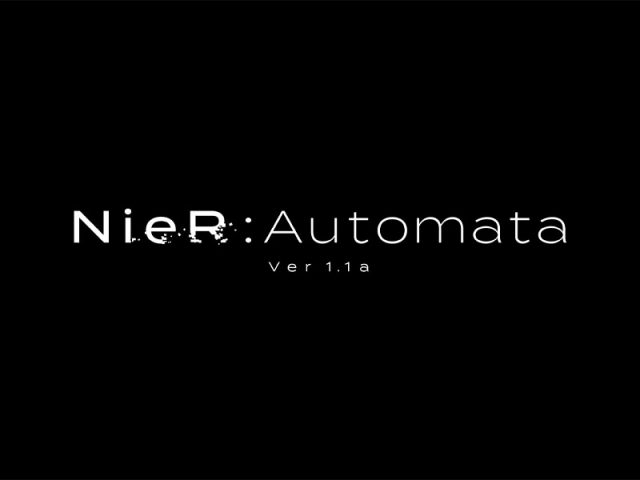
2024.08.16
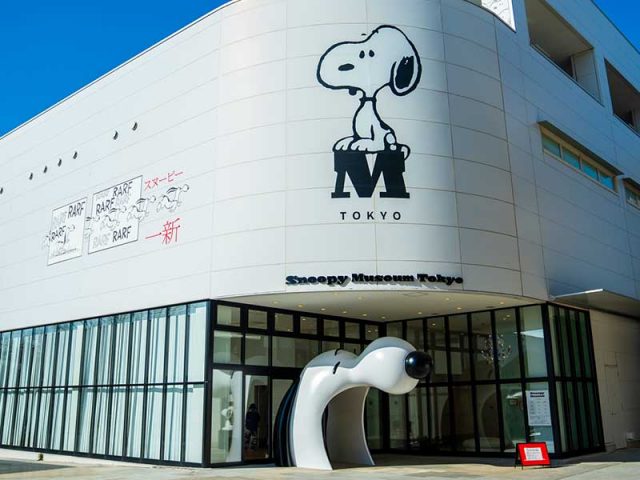
2024.07.31
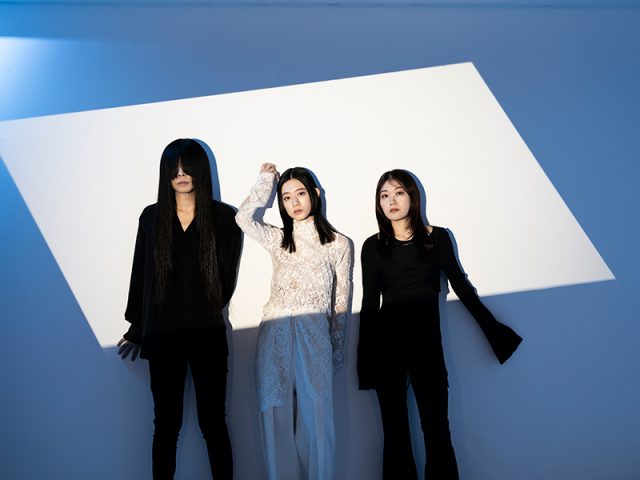
2024.03.05
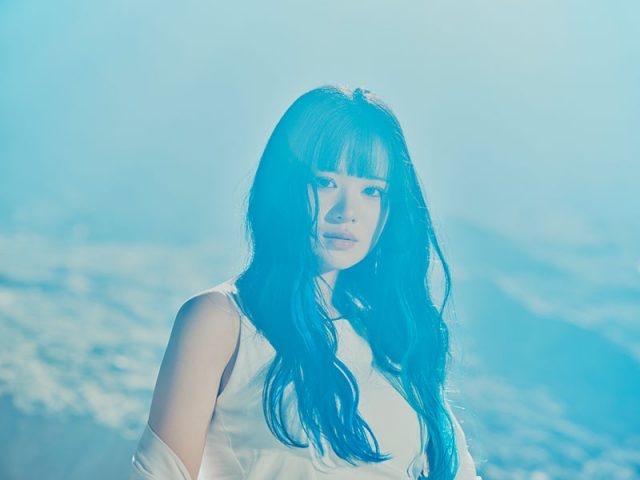
2024.02.16
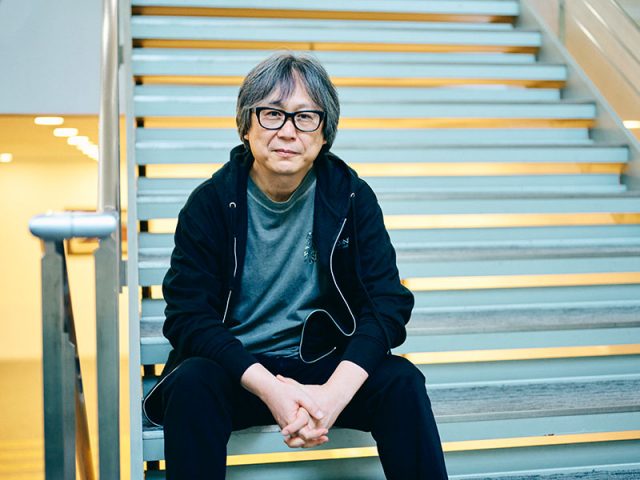
2023.11.15
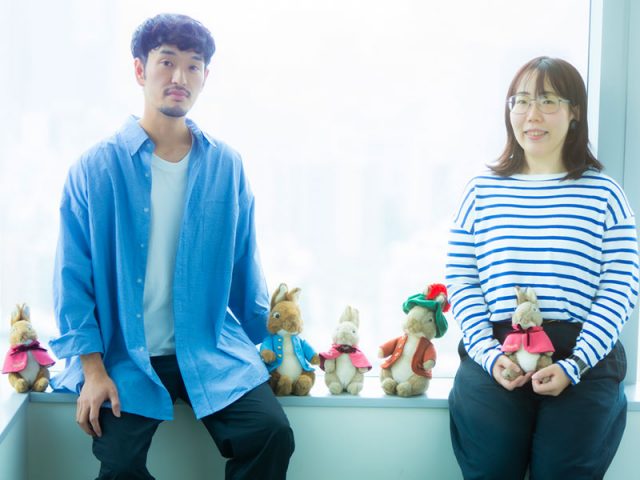
2023.10.30
Follow the official Sony Music SNS
Get the latest news from Cocotame